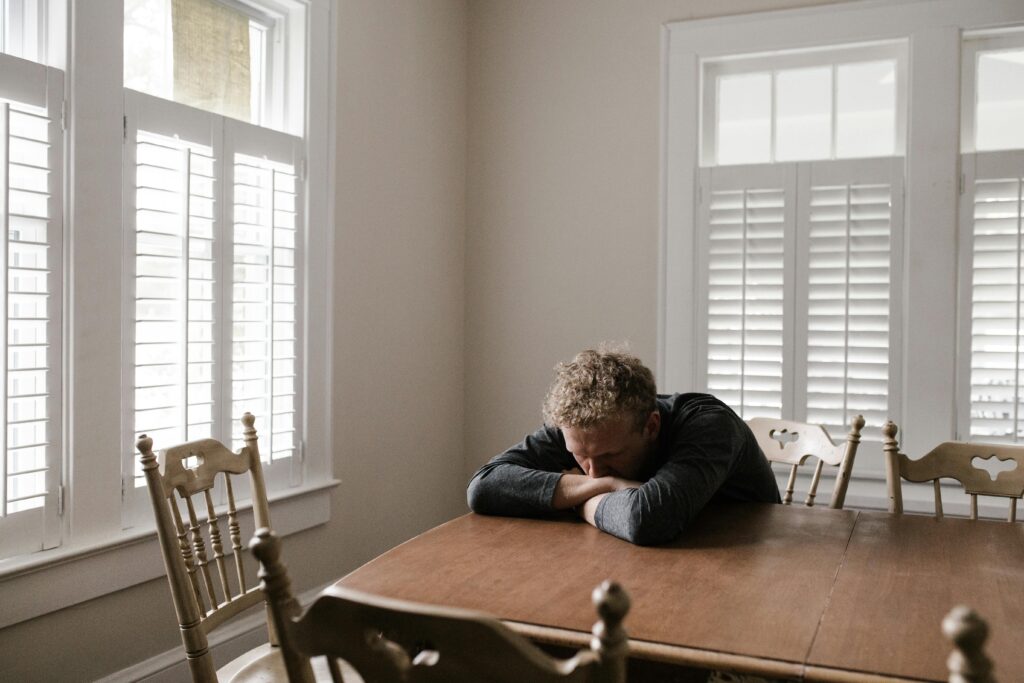For many people the prospect of starting therapy is both exciting but a bit unnerving. Fear of the unknown is fairly common, so having some grounded expectations can help ease that anxiety about getting the help you need.
What Happens in the First Session?
Once you get past the initial paperwork like you do at any medical clinic, your therapist will call you back to their office. Unlike most medical clinics which tend to be sterile and cold, counselors generally have warm and inviting offices with comfortable sofas and chairs, plenty of nick knacks and some ambient lighting to help you feel relaxed. First sessions, often known as the intake appointment, are structured much more differently than most therapy sessions. Your counselor or psychologist will have a laundry list of questions to go through with you. Their main job in the first session is to get background information to help formulate a diagnosis and treatment plan. They will be asking about what brings you in and any insights or observations you have had about your depression and what might be driving it. They will also be asking about relationships, work stress, financial worries, familial relationships, medical issues or concerns, medications, chemical use and a variety of questions around other possible mental health issues that could be going on such as ADHD, anxiety, PTSD, and much more. At the end of session, they will talk with you about a diagnosis and the best ways to treat it. If therapy and counseling is part of the recommendation, they will typically tell you about their style and approach and some ideas about things to explore to help figure out and alleviate your depression.
What Happens Once Therapy Has Truly Begun?
Usually at the beginning of the second session you and your therapist will talk about some treatment goals. They will have asked you at the end of the first session to give some thought about what you want to work on or learn in therapy. Once objectives have been identified, there is often a more in-depth exploration of underlying variables impacting your depression. If for instance, you said you depression started 2 years ago on the heels of a divorce and career change, then your therapist is likely to bring you back 2-4 years ago and explore circumstances that lead to divorce and career change and more importantly, how you navigated those life challenges. In many instances people have unresolved emotional baggage surrounding life events that are fueling their depression. They also tend to have developed some distorted thinking stemming from those events. Let’s say the divorce was spurred by a spouse cheating. It may not be unexpected for you to conclude that people cannot be trusted or find yourself resistant to getting close for fear of being hurt again. Although not surprising, it is also not helpful and may keep you isolated and lonely, which could fuel your depression. Learning how to work through and make changes in your thinking and perceptions is often an important part of working through and making depression better. Much of counseling and therapy is helping people explore, understand their depression, and looking for strategies and coping skills to help them alleviate and move past events that keep them stuck and depressed.
If you are interested in counseling or therapy to help with your depression, feel free to contact IPC so you can schedule an appointment with counselor, social workers or psychologists. Please call us now at 763-416-4167, or request an appointment on our website: WWW.IPC-MN.COM so we can sit down with you and complete a thorough assessment and help you develop a plan of action that will work for you. Life is too short to be unhappy. Find the peace of mind you deserve.
To get more great resources, sign up for our newsletter, like us on Face Book, or follow us on Twitter.
Innovative Psychological Consultants
Schedule An Appointment
"*" indicates required fields


